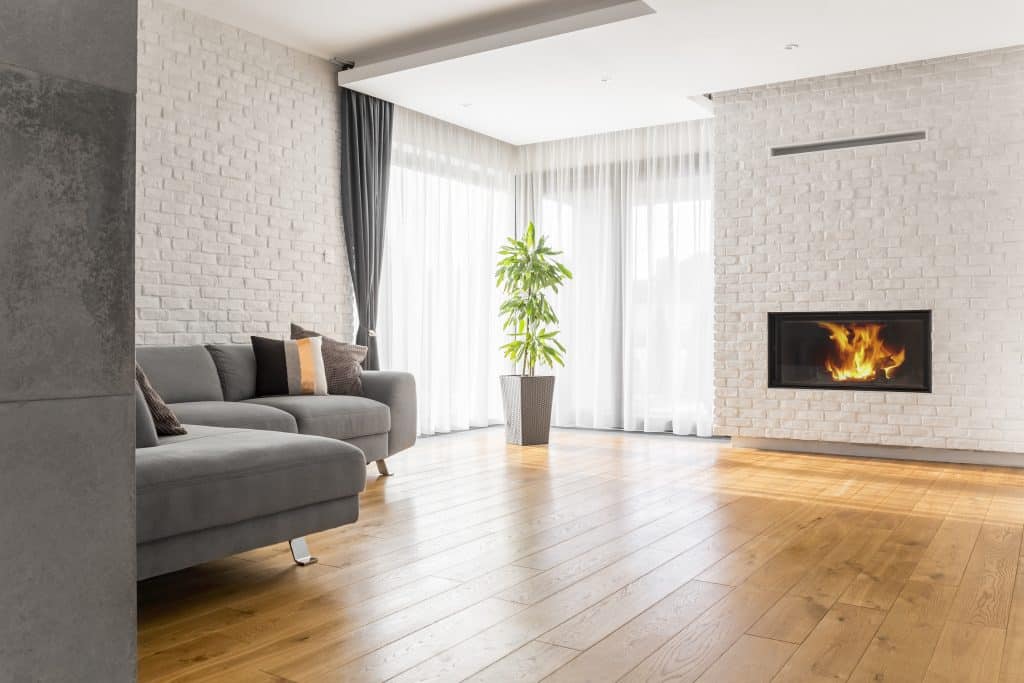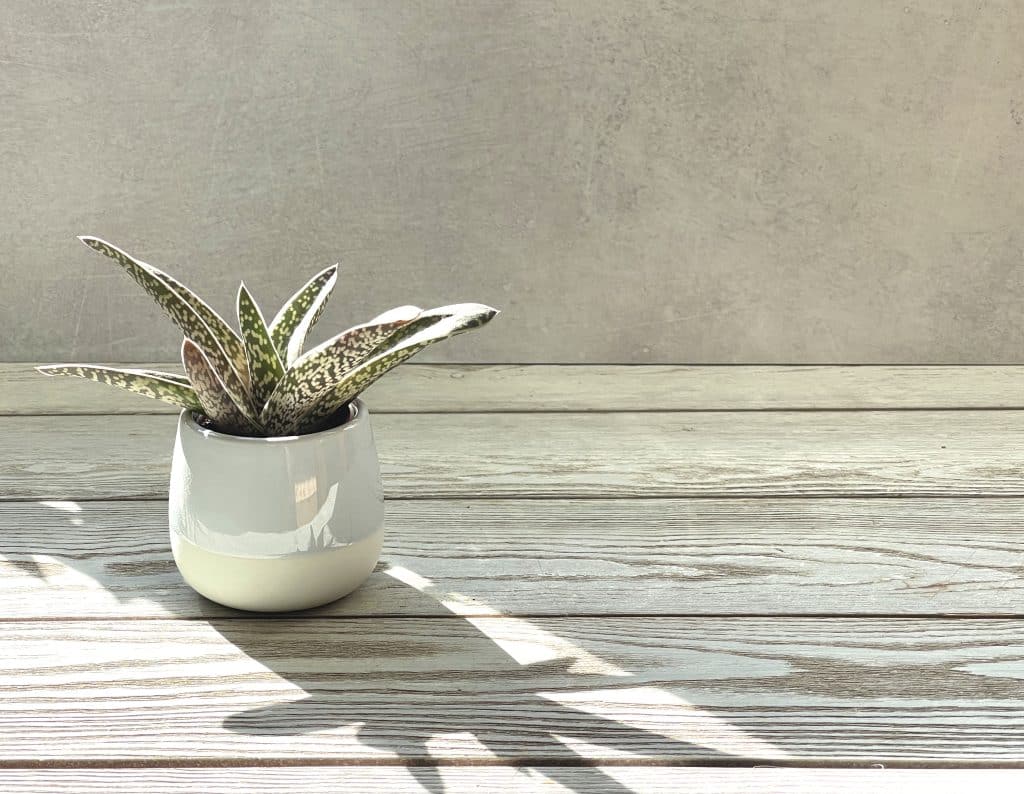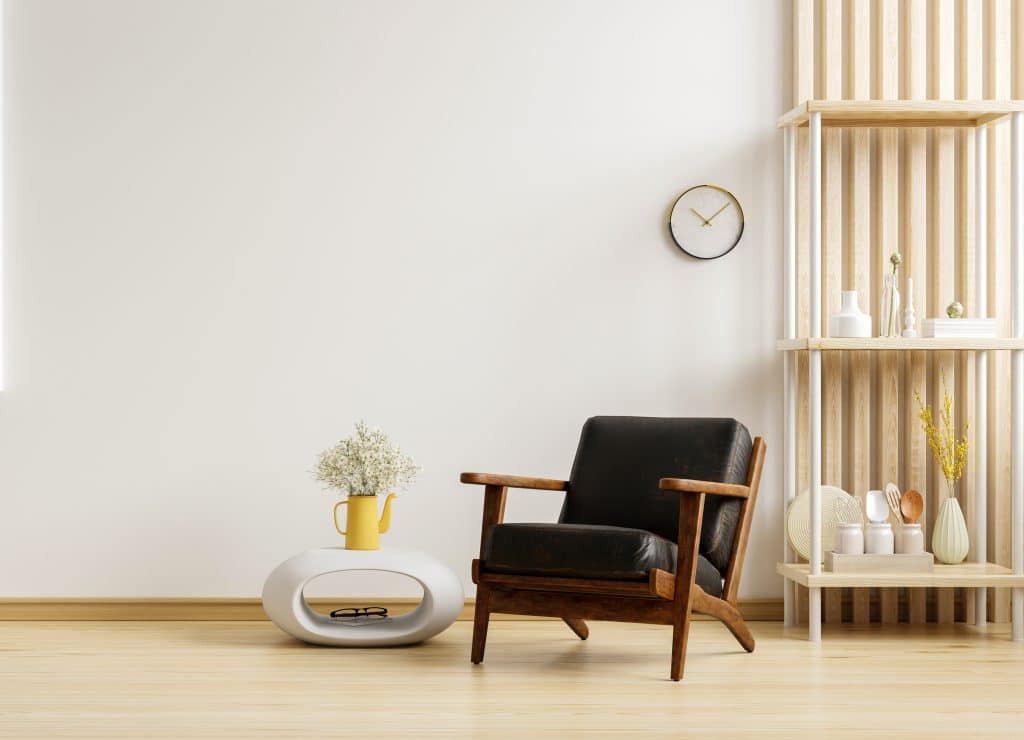As the world grows increasingly complicated and cluttered, embracing minimalism can provide a refreshing perspective. Minimalism, a lifestyle choice favoring simplicity and removing excess, allows you to strip away the non-essential, creating space for what truly matters. In this article, you’ll delve into what minimalism means, its significant benefits, and offer a practical guide on how to start living a minimalist lifestyle.
Contents
What Is Minimalism?

Minimalism is about much more than simply reducing the number of possessions you own. It’s about embracing a philosophy that advocates for less clutter and more room for what truly brings value and happiness to your lives. It urges you to scrutinize your habits of consumption and possession, to ask yourself how much you truly need, and to create space in your lives for what’s truly important. It’s not a rigid set of rules or restrictions; rather, it’s a flexible mindset that adapts to each person’s unique lifestyle and priorities.
In the context of a consumerist culture that often equates more with better, the principles of minimalism offer a compelling counterpoint. Minimalism does not demand that you all live in stark, barren spaces or own a prescribed number of items. Instead, it champions the idea of quality over quantity, encouraging you to seek fulfillment and value beyond material possessions. By doing so, you can enjoy a sense of freedom and satisfaction that transcends the transient thrill of acquisition.
Benefits Of Minimalism
The adoption of minimalism can yield a host of multifaceted and profound benefits, touching various aspects of your lives. From enhancing financial freedom to improving mental well-being, fostering time efficiency, and even promoting a sustainable lifestyle, the benefits of minimalism are far-reaching and transformative.
Increased Financial Freedom

At its core, minimalism advocates for a simple, uncluttered life, which naturally extends to your finances. By consuming less and focusing on necessity, you inherently reduce unnecessary spending. This leads to more thoughtful and intentional purchasing habits, promoting greater control over personal finances. Over time, these small changes can significantly contribute to reducing debt, increasing savings, and creating opportunities for financial independence.
Moreover, minimalism encourages you to redefine wealth and success. In a minimalist perspective, these terms are no longer measured by the abundance of material possessions but by the richness of personal growth, experiences, and meaningful relationships. By aligning your financial practices with this perspective, you can nurture a sustainable and fulfilling financial lifestyle.
Improved Mental Well-Being

The minimalist lifestyle also has a profound impact on mental health. By choosing to live in a decluttered space, you can reduce stress and anxiety levels. The removal of physical clutter reduces the number of stimuli that your minds have to process, thereby creating a sense of calm and tranquility.
Moreover, minimalism can pave the way to improved focus and productivity. By reducing the distractions and clutter in your environments, your minds are freed up to focus on the tasks at hand. This mental clarity can increase effectiveness and productivity in all areas of life, leading to a more fulfilling life where you are mentally present and engaged.
Greater Time Efficiency

Minimalism isn’t just about space—it’s also about time. By eliminating the need to manage a large number of possessions, you can reclaim valuable time previously lost to shopping, cleaning, and organizing. This newfound time can be dedicated to activities that truly enrich your lives, such as nurturing relationships, pursuing hobbies, or embarking on new experiences.
By streamlining your possessions and commitments, minimalism allows you to live a more balanced and satisfying life. You can direct your time and energy towards meaningful interactions and personal development, thus enhancing your overall quality of life.
Lower Environmental Impact

Minimalism also serves as an effective means to reduce your environmental footprint. Overconsumption and waste generation are key contributors to environmental degradation, and minimalism directly addresses these issues by encouraging reduced consumption.
Additionally, minimalism urges you to value quality over quantity. This approach not only involves buying less but also making conscious decisions about what you do purchase. By opting for sustainably produced items, you contribute to less waste generation and a smaller environmental footprint, thereby making minimalism a step towards a more sustainable and responsible lifestyle.
How To Get Started With Minimalism
Adopting a minimalist lifestyle is a journey that involves several key steps. From distinguishing between needs and wants, decluttering your spaces, practicing mindful consumption, to extending minimalism beyond physical possessions, each step is integral to embracing this lifestyle.
Evaluation Of Needs And Wants

The journey towards minimalism begins with an honest evaluation of your needs and wants. This process helps you to discern what truly adds value to your life and what does not. Every item you own and every potential purchase can be evaluated on this scale, helping you align your consumption habits with your true needs and desires.
Effective methods to evaluate belongings include creating a list of all possessions and categorizing them based on their utility and emotional significance. The aim of this process is not necessarily to own as little as possible but to ensure that everything you own serves a meaningful purpose or brings you joy.
Decluttering

Decluttering is another fundamental aspect of adopting minimalism. This process involves consciously deciding what to keep and what to let go of. Effective techniques include the “one in, one out” rule, where for every new item brought in, an old one is removed, or the KonMari method, which encourages keeping only those items that “spark joy”.
The journey of decluttering is often more complex than it might initially seem. It can be emotionally challenging to part with items, especially those with sentimental value. But with patience and persistence, decluttering can become a liberating process that significantly contributes to embracing a minimalist lifestyle.
Mindful Consumption

Mindful consumption is a crucial practice in minimalism. It involves being aware of and intentional about what you bring into your life. By resisting the temptation of impulsive purchases, you can reduce clutter and promote sustainability.
Mindful consumption also involves pushing back against societal and marketing pressures that encourage excess consumption. It’s about making choices based on personal values and needs, rather than external influences. This conscious approach can foster a sense of control, satisfaction, and alignment with your values.
Minimalism Beyond Possessions

The principles of minimalism extend beyond the realm of physical possessions to influence other aspects of your life, including your commitments, relationships, and digital spaces. By mindfully managing these areas, you can achieve a higher sense of control and focus.
In your digital lives, minimalism might involve actions like unsubscribing from unnecessary newsletters, deleting unused apps, or limiting time spent on social media. In terms of commitments, minimalism can guide you to prioritize tasks that align with your goals and values, allowing you to say no when necessary.
Conclusion
Embracing minimalism is a journey towards simplicity, intentionality, and fulfillment. By shedding excess and making space for what truly matters, you can lead more balanced, purposeful lives. Minimalism challenges you to reassess your perceptions and redefine your priorities, demonstrating that less can indeed be more. Far from being just a trend, minimalism is a journey towards a more mindful, meaningful lifestyle.